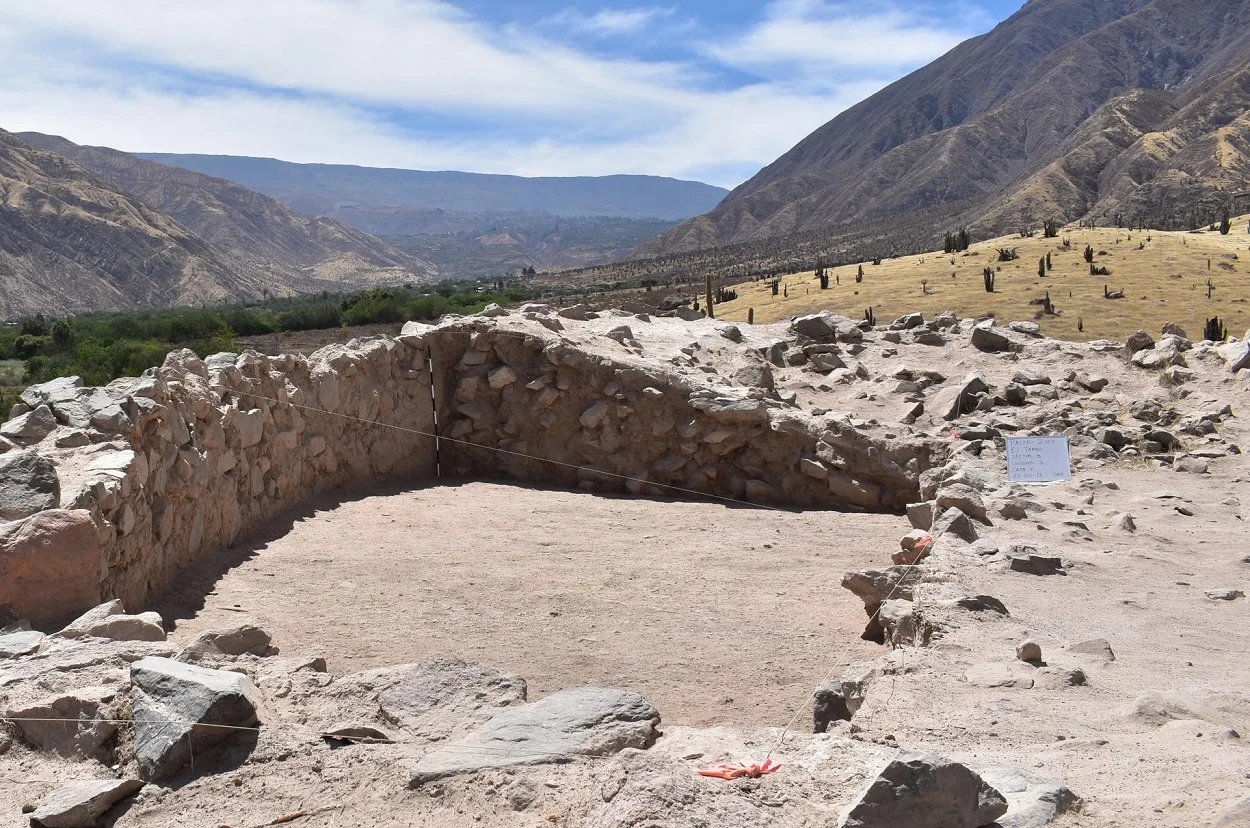Archaeologists from the University of Illinois Chicago have unearthed a 1,200-year-old Wari temple complex in Peru.
The Wari were a Middle Horizon civilisation that flourished in the south-central Andes and coastal area of modern-day Peru from around 600 to 1000 AD.
The Wari expanded their territory by allowing local leaders to maintain a degree of autonomy if they joined the Wari Empire. They required all subjects to commit to a policy of mit’a labor (non-reciprocal public labour for the state) as a form of tribute.
Excavations at Pakaytambo in southern Peru have uncovered a Wari ritual complex consisting of a D-shaped temple, patio-group architecture, several supporting buildings and a monumental platform construction.
The site is situated on an established prehistoric transit route at an important ecological and political location between the foothills of the Andean highlands and adjacent coastal valleys of Arequipa.
Temple complexes of this type served as a centre for ritual, political, and economic roles, often embedded within state-sponsored ceremonies and events organised by temple institutions that would have embedded local communities into the Wari sphere.
David Reid, UIC postdoctoral research associate said: “One of the most effective ways of bringing people into the empire was through shared beliefs and religious practices. Open plaza spaces associated with the temple complex at Pakaytambo would have allowed local communities to participate in ritual gatherings organised by the Wari.”
In a study published in the Journal of Anthropological Archaeology, the researchers said: “Archaeological investigations at the newly discovered temple centre of Pakaytambo provide the first conclusive evidence of an intrusive Wari imperial presence in the Majes-Chuquibamba region of Arequipa, Peru. Pakaytambo provides invaluable insights into the production of state authority through public ritual and performance in regions beyond a state heartland.”
University of Illinois Chicago
Header Image Credit : University of Illinois Chicago





